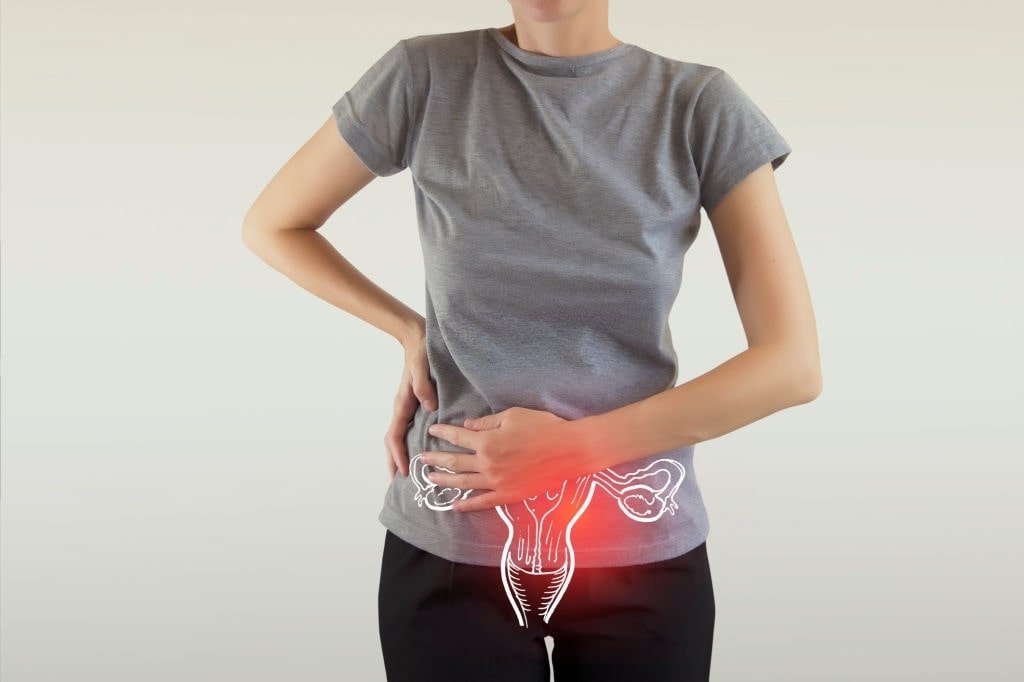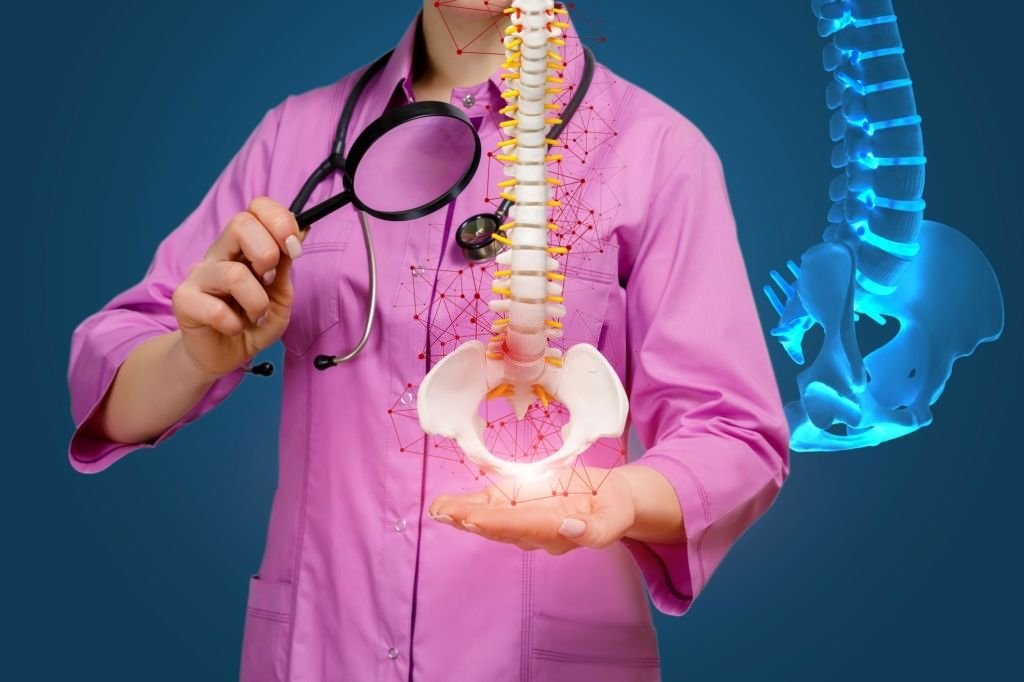Pelvic pain is a condition that requires a doctor’s attention. It may be caused by symptoms of infection or pain in the pelvic bone or organs such as the colon or bladder. Sometimes the underlying cause is not known. For example, if the pain radiates in the lower abdomen, it’s difficult to distinguish it from abdominal pain.
You can seek treatment from Midtown West pelvic pain specialists. They will help you manage your condition.
Causes of Pelvic Pain
Menstrual pain and cramps
Menstrual pain is a common cause of pelvic pain. Over half of the women menstruating experience some pain for 1 to 2 days in each cycle. Menstrual cramping usually occurs before the period’s start, as the uterus sheds its lining and contracts. The pain can be similar to a jabbing or muscle spasm pain. Using a warm pad can relieve the sensation. Over-the-counter medications like naproxen and ibuprofen can relieve the pain.
Kidney stone or infection
Kidney stones appear when minerals like uric acid or calcium clump together in the urine and form hard rocks. These stones are more common in men than women. They don’t cause symptoms until they begin to move through the ureters, a tube that carries urine from the kidney to the bladder. The tubes being inflexible and small, are forced to stretch to move the stones, and this causes pain.
The tubes then react to the stone by compressing down on the stone, trying to squeeze it, which causes a painful spasm. They block urine, causing pressure and severe pain.
Urinary Tract Infection
A UTI is an infection in the urinary tract. This includes the ureters, bladder, kidneys, and urethra. UTIs are common in women. You usually have pelvic pain with a UTI. The pain is generally in the area around the pubic bone and the middle of the pelvis. You can get other symptoms such as pain or burning while urinating, fever, side and back pain, the urgency to urinate, and cloudy or strong-smelling urine.
Hernia
A hernia occurs when a tissue or organ pushes through a weak spot in the muscles of your thigh, chest, or abdomen. This creates an achy or painful bulge. You should be in a position to push the bulge back in or lie down, and it disappears. Hernia Pain Becomes Worse when you laugh, cough, bend over, or lift something.
Appendicitis
This is a tube attached to the large intestines. The appendix swells up with an appendicitis. This affects 5% of people, especially teens. Appendicitis pain is unpredictable and can be severe. It occurs mainly in the lower right part of the abdomen. The pain can also start around your belly and transfer to the lower right abdomen. It gets worse when you sneeze, cough, or breathe heavily. Other symptoms include vomiting, nausea, swelling of the belly, and appetite loss.
Pelvic pain is a common condition. The pain can be acute or chronic. Pelvic pain usually responds to over-the-counter medication or home treatment or can be caused by severe conditions that require a doctor’s attention. It is good to talk to your doctor about your pelvic pain, primarily if it occurs regularly.











